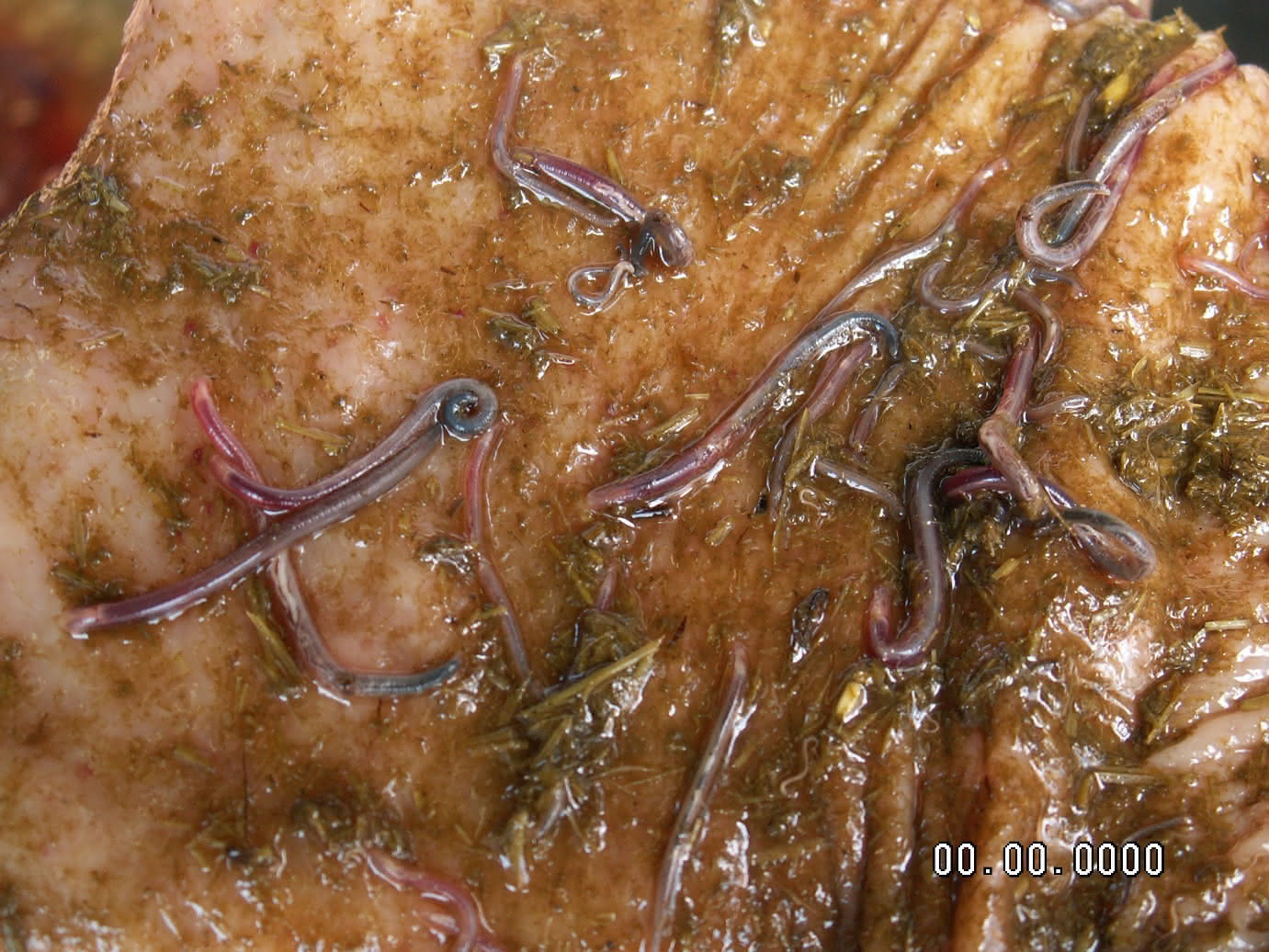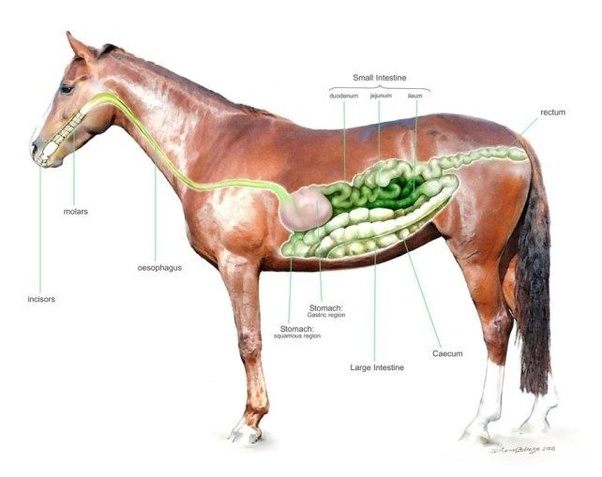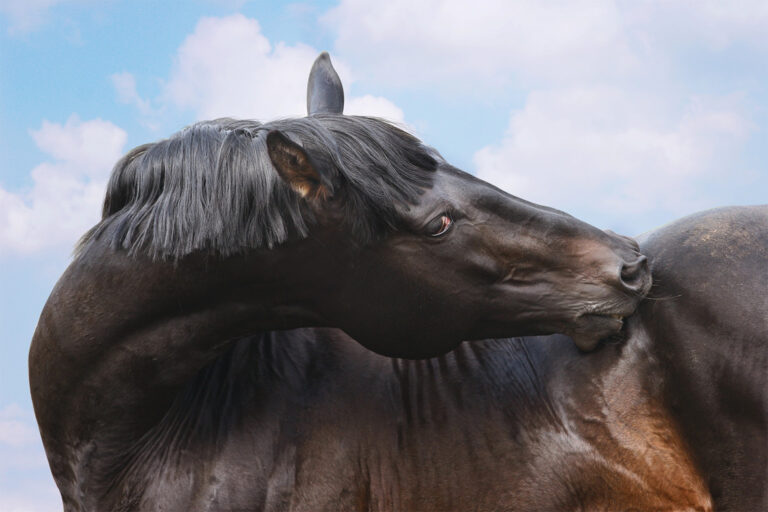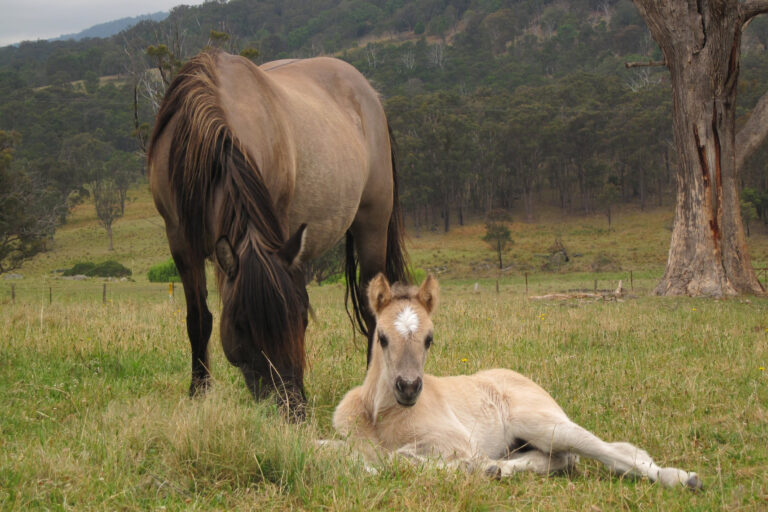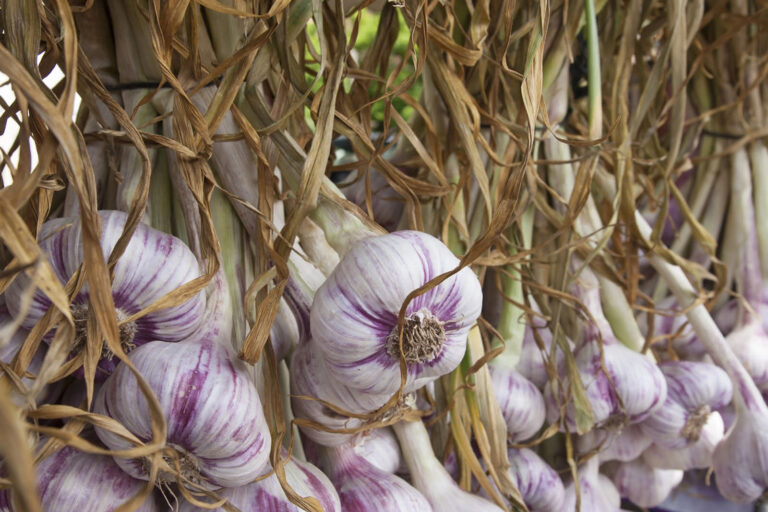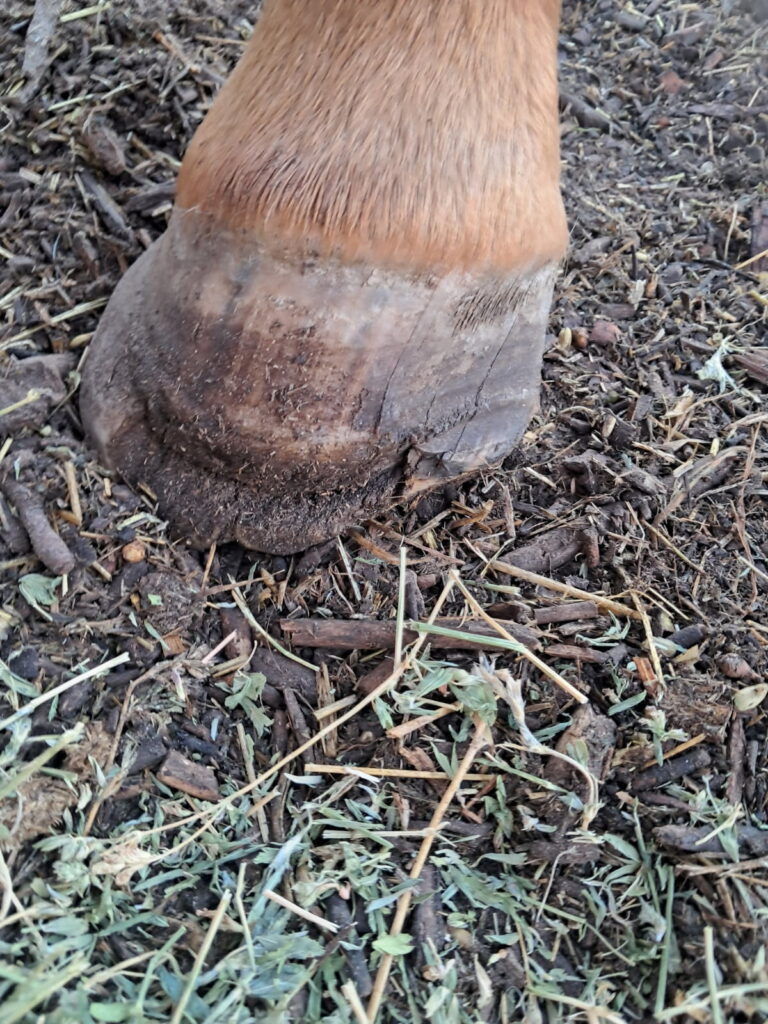Worm Resistance To All Anthelmintic Drugs
This is the message from Dave Rendle, equine internal medicine specialist, speaking at the 2020 National Equine Forum in the UK, as reported by Horse & Hound.
“I hope I can convince you of the importance of this,” he said, explaining that resistant parasites are those on which drugs are no longer effective.
“Resistance develops because parasites are subject to natural selection, like all living things, and as we impose selection pressure on them by killing susceptible ones, it’s the ones that aren’t susceptible to the drug that reproduce. The more we worm, the more resistance we get.”
No New Drugs Available
Rendle said worm products were developed in the 1960s and by 1985, it had been highlighted that routine worming needed to stop. Over the next decades, evidence emerged of resistance to every class of wormer we have available.
“We’ve still got that resistance as it doesn’t go away, but for the first time, we don’t have any more classes of drug to turn to,” he said.
Rendle recommended using regular faecal testing as a tool to reduce the use of drugs by at least 80%.
Common Practices – What’s Wrong With Them?
The majority of horse owners and managers tend to follow the advice of the drug companies that promote their equine worm products. That is worm every 6 weeks, and to rotate seasonally between a few different brands.
The problem is that there are only three classes of anthelmintics available and rotating “brands” is not necessarily going to utilise the different classes of drugs. Quite a lot of the products now combine all the available drugs in different proportions and people simply use brands while not paying attention to what is actually in those brands.
There is no advice from drug companies promoting their wormers to utilise faecal testing or good management to reduce worm burdens. The best they can come up with is to cross graze with sheep or cattle, spell and harrow paddocks before grazing them again.
On properties where there is a transient horse population – new horses come in all the time and the owner or manager of the property has no idea what the worm status of those horse are, so they are likely to be bringing in resistant worms with them.
A Thoughtful Program – What’s Good About It?
Faecal testing is a useful tool to employ as part of a thoughtful worm management program. There a number of small businesses offering faecal testing and they are lot less expensive than laboratory testing through vets.
To be useful faecal testing must be done regularly, every 3 months is best, and records kept with the results and treatment if any. It is particularly useful with strongyles both large and small. Small strongyles (cyathastomes) are the most resistant species of worm mainly due to their habit of encysting in the gut lining where they are protected from the effect of anthelmintics. It is when they come out of the gut lining, usually seasonally, that they cause additional health problems. But they can remain in the gut for long periods of time if seasonal conditions are not beneficial.
New horses coming onto a property where there is a structured worm program in place should be isolated upon arrival until they can be faecal tested and wormed appropriately if needed.
It’s important to realise that quite a large percentage of the equine population have innate resistance to worms. This is another of the advantages of faecal testing, because those horses will come up with zero to near zero worm eggs on every test. I have owned quite a few horses like this and it is also interesting to note that you would not expect this due to their grazing habits (constant hoovering!)
After nearly 30 years of testing various herbs both in vitro and in vivo on large numbers of horses, there is no doubt that some herbs are effective as vermicides and vermifuges. Vermicides kill worms in the body and vermifuges expel them from the body.
There are a great number of herbs touted as being effective anthelmintics but most of them are referenced from the time when it was only thought that worms were in the gut of the horses, whereas we now know that some species circulate in the blood and even get into the lungs and the nucal ligament. Therefore an effective herbal worming program needs to use herbs which are targeted to the species of worm and it’s life cycle.
Equine Herbal Worming Products
Walkenny Park Equine Herbs plans to launch it’s own range of equine herbal worming products in the near future. Denise Farrugia of Walkenny said this was an exciting addition to their product range to help horse owners and managers keep their horses health naturally.
Faecal Testing – how Useful is It?
Regular faecal testing identifies horses which need treatment and the incidence of the treatment and those that do not. So you are not wasting money by treating horses that do not require it and you know which horses have worm burdens.
It’s not enough to say oh they’ve been wormed every 6 weeks and we’ve changed brands, as you don’t actually know what their status is. Horses can seriously look like shit and have no worms or they can look radiant and be absolutely full of them, not always, but it does happen quite a lot.
It is important to note that pin worms, bots and tapeworms are not identified by faecal testing because of their habits. Pin worms lay their eggs around the anus, bot eggs are laid externally on the horses’ legs and tapeworms spread by segmentation.
Good management should include regular bum washing to remove pin worms, removal of bot eggs in Autumn and Spring when bot flies are active and using natural feeds and herbs which kill tapeworms.
How Much can Diet Help?
Natural feeding contributes significantly to keeping worm populations low combined with good management. A really good natural diet means no fast feeds, no pellets, no synthetic supplements, and plenty of good quality roughage.
Routine feeding of high quality Garlic and also White French Millet are very effective in helping to reduce worm populations.
Walkenny Park offers organic dried Garlic which is of high quality
White French Millet acts as a broom to help move worms out of the gut, whether they are dead or alive along with any accumulation of sand.
It is a key ingredient in Walkenny Park Herbs Equi-Vital All Natural Supplement for horses.
Myth Buster
Just because you can’t see any worms in the manure it doesn’t mean the horse doesn’t have them.
